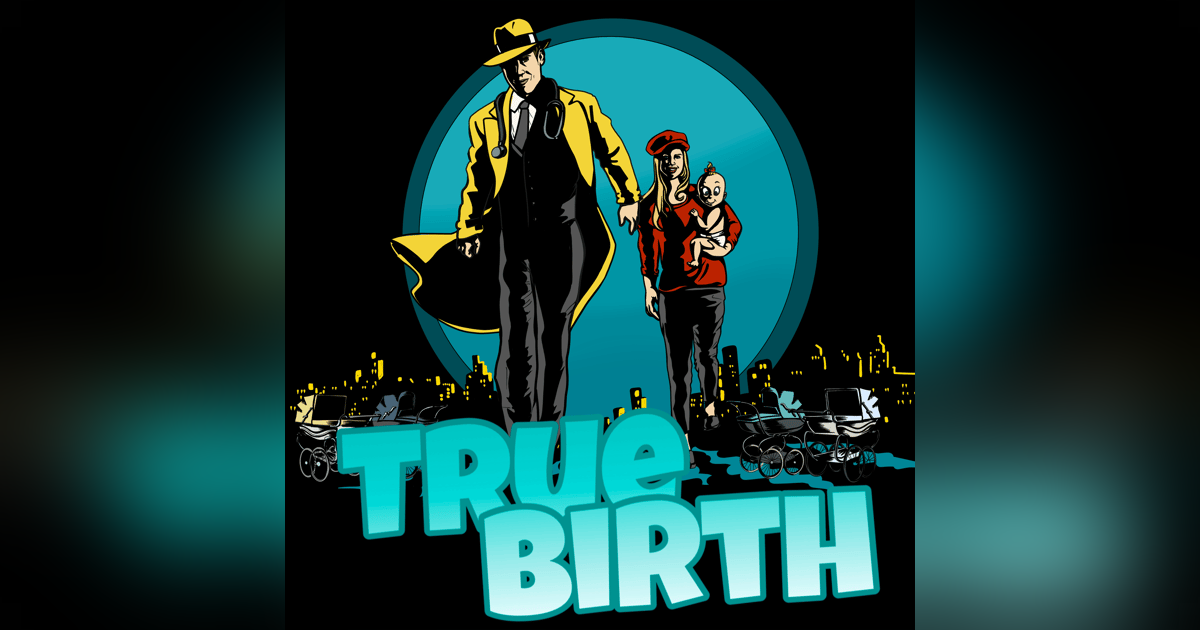011 Unexplained 2nd Trimester Loss - Explained! Part 1

Dr. Abdelhak Examines Sudden Unexplained Fetal Demise
The March of Dimes is one of the most well-known and well-established organizations focusing on pregnancy health. March of Dimes has a lot of information on the causes and possible prevention of premature birth, a leading cause of infant death, and it is involved in numerous advocacy efforts to drive research into ways to prevent birth defects and infant death.
As a start, every woman who is pregnant should be aware of the risk factors for premature birth as well as the signs and symptoms of premature labor.
The International Stillbirth Alliance (ISA) is a coalition of stillbirth awareness groups and organizations that work to promote stillbirth research and awareness of stillbirth. The group offers support resources for parents as well as information about ongoing research into stillbirth.
The miscarriage association also provides information to help people better understand everything from the tests done to look for a miscarriage, to information on "trying again" after your loss.
Sands stands for Stillbirth and Neonatal Death Support. This group is based in the UK, but Sands has chapters in countries around the world. The group offers support to all individuals affected by stillbirth or loss of a newborn infant, and its website includes information on local groups and advocacy opportunities.
Sands also recognizes the importance of bereavement care,2 which has, unfortunately, been addressed to a less degree than the symptoms and treatment of pregnancy loss.
The Compassionate Friends (TCF) is not exclusively focused on pregnancy loss but focuses on providing support for bereaved families who are grieving the death of a child. The group does offer information and support for pregnancy loss of any kind.
The MISS Foundation focuses on crisis support and other aid to families grieving the loss of a child. The group is not exclusively focused on pregnancy loss but is involved in a lot of activities related to miscarriage and stillbirth awareness, such as the MISSing Angels Bills that have been considered or passed in many U.S. states with the idea of granting parents the right to receive a state-issued certificate of stillbirth recognizing the loss of a baby to stillbirth.
The Center for Loss in Multiple Birth (CLIMB) offers support to parents who have lost babies in multiple pregnancies, including those who have lost all babies in the pregnancy as well as those who have lost one twin.
The site offers fact sheets aimed at dads, grandparents, siblings, and survivors as well as information about research into this type of pregnancy loss.
Helping After Neonatal Death (HAND) is a California support group for late pregnancy loss and neonatal loss. Its website features fact sheets and information about local groups in northern California. The group also offers two in-person support groups as well as phone support for grieving parents.
Even if you are not a California native, the HAND website provides support, including letters addressed to parents, friends , and family, and even health care professionals who are facing the grief which accompanies stillbirth and neonatal death.
The Ectopic Pregnancy Trust is a group sponsored by London's King College Hospital. The website has information on the causes and treatment of ectopic pregnancy, as well as support forums. The group supports research into early diagnosis of ectopic pregnancy and means of prevention.
The website (of course, easily accessible to those outside the UK) has abundant resources with information on a number of topics surrounding ectopic pregnancy. It even has information for dad's and ectopic pregnancy, recognizing the difficulties faced by those who are "so close but yet so far."
Tommy's functions as something of a UK-based March of Dimes equivalent. The group has information on how to have a healthy pregnancy and prevent any preventable stillbirths or preterm births. The group also supports research on miscarriage prevention and causes
In order to get on our email subscription list and never miss a book update, sign up at www.truebirthpodcast.com
Integrative OBSTETRICS Social
Facebook https://www.facebook.com/IntegrativeOB
Instagram @integrativeobgyn
Maternal Resources Social
Facebook: https://www.facebook.com/maternalresourceshackensack
|nstagram: @maternalresources
Subscribe to the podcast on Apple Podcasts, Spotify, Google Podcasts, & Stitcher and leave a review!












